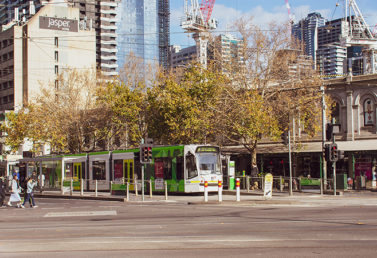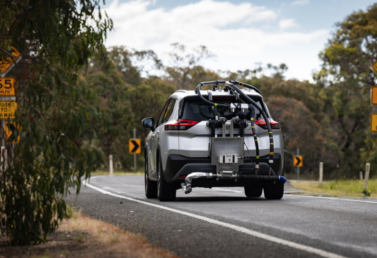Research by Australia’s peak motoring organisation shows that in the second quarter of this year Australian transport costs rose almost twice as fast as inflation.

Research by Australia’s peak motoring organisation shows that in the second quarter of this year Australian transport costs rose almost twice as fast as inflation.
“Australians are feeling cost of living pressures across the board and rising transport costs are adding to the pressure on their household budgets,” said Australian Automobile Association (AAA) Managing Director Michael Bradley.
The AAA’s June 2019 Transport Affordability Index shows that by the end of June, typical Australian households were spending between $530 and $574 a year more on transport than they were a year previously.
In the June quarter, national average household total weekly transport costs were about $326, up from $317 in the previous quarter. This was a rise of about 2.8 per cent – well above the quarter’s rate of general inflation, which was 0.6 per cent.
This quarterly rise was not unusual. Transport costs rise in most quarters, often at a rate higher than general inflation.
In financial year from 1 July 2018 to 30 June 2019, metropolitan transport costs rose at about 1.8 times the rate of general inflation.
Regional cost increases were even more dramatic – 2.5 times greater than the consumer price index (CPI).
Over that period, the CPI increased by 1.6 per cent, but annual transport costs for a typical metropolitan Australian household rose from $18,046 to $18,576—a jump of 2.9 per cent. The typical regional household’s annualised transport costs reached $15,040 per year —up from $14,466 — a jump of almost 4 per cent.
Typical households are spending between 13.2 per cent (regional centres) and 14.7 per cent (capital cities) of their income on transport (up from 12.6 per cent and 14.3 per cent the previous quarter).
Mr Bradley said: “This report shows Australian motorists are facing increasing transport cost pressures.
“The cumulative effect of continued rises in transport costs is a heavy burden at a time when Australians are feeling cost-of-living pressures on many fronts.
“Transport is a significant and unavoidable cost for households. Policymakers around the country must recognise this problem and to seek policy solutions that can help keep rising costs in check.“
Follow us on Twitter: @AAAcomms
The Australian Automobile Association is the nation’s peak motoring body, representing Australia’s state-based motoring clubs and their 8 million members. The AAA is an apolitical and technology-neutral advocate for federal transport policy that improves safety, affordability, and mobility.

The latest AAA Transport Affordability Index reveals transport cost rises exceeded the consumer price index not only in the September 2023 quarter but also over the 12 months to the end of September.
read more
Initial results of Australia’s first program to test vehicle real-world performance show the cars tested use up to 13% more fuel on the road than they did in lab tests reported by manufacturers.
read more
The quarterly update of the AAA’s EV Index shows the Australian new vehicle market continuing to change.
read more